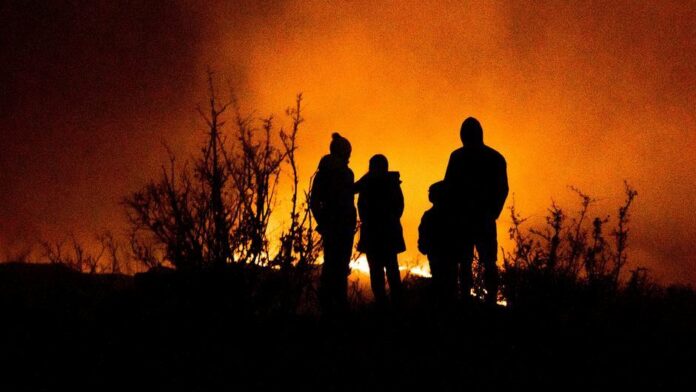The UN Economic Commission for Europe (UNECE) has called on world leaders to strengthen forest protection measures ahead of the COP-30 climate summit in Belem, Brazil, warning that decades of progress in forest conservation are at risk due to the accelerating climate crisis.
UNECE data show that global forest carbon storage has increased by 11 percent since 1990. However, rising temperatures, prolonged droughts, pest infestations, and widespread wildfires threaten to reverse these gains. “We cannot afford to lose the planet’s most powerful natural defence,” said Tatiana Molcean, Executive Secretary of UNECE.
Across Europe, North America, the Caucasus, and Central Asia, forests cover 1.76 billion hectares — over 40 percent of the global total. These forests span three major biomes: boreal, temperate, and subtropical. The UNECE region has seen an expansion of 60 million hectares of forests since 1990, particularly in Central Asia and Europe. Yet, globally, around 10.9 million hectares of forests continue to be lost every year.
UNECE experts warned that 2021 saw 12.6 million hectares of forests burned—an area comparable to Greece—while another 73 million hectares were affected by pests and diseases, equivalent to the size of Spain and Portugal combined. “If these trends continue, forests that have been a vital carbon sink could become a source of emissions, undermining global climate goals,” said Paola Deda, Director of UNECE’s Forests, Land and Housing Division.
Over the past three decades, UNECE-led efforts such as combating acid rain and promoting biodiversity have resulted in the doubling of protected forest areas. More than 300 million hectares—about the size of Italy—now have legal protection for soil, water, and biodiversity conservation.
Despite these achievements, UNECE’s new five-year report highlights urgent concerns:
Widespread forest damage from fire, pests, and drought continues to rise, threatening ecological stability.
Slowing forest growth and catastrophic wildfires risk turning forests from carbon sinks into carbon sources, jeopardizing Paris Agreement targets.
Accelerating climate impacts may cause irreversible damage to forest ecosystems, making it impossible to meet the 2030 Sustainable Development Goals without stronger policies.
Boreal forests, which store 32 percent of global terrestrial carbon, are increasingly vulnerable to rising temperatures and thawing permafrost.
Ahead of COP-30, UNECE is urging governments to strengthen fire prevention, improve pest control, expand forest restoration, and prioritize sustainable forest management. “The largest forest country in the world is not Brazil, it is Russia,” said Ms. Deda, stressing the crucial role of northern hemisphere forests in stabilizing the global climate.
Baburajan Kizhakedath

